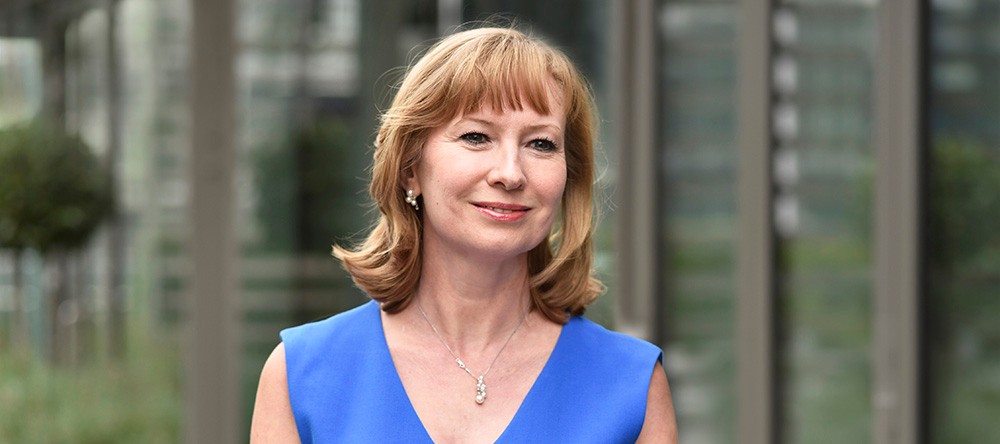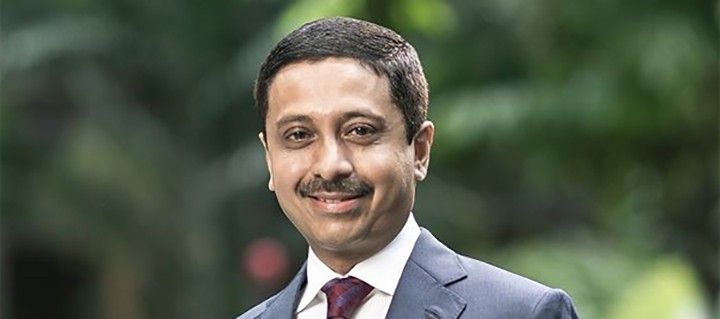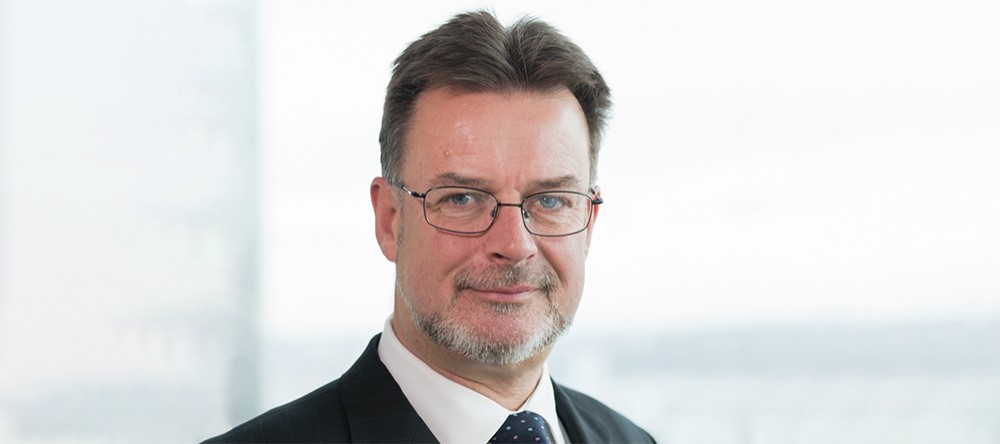Q&A with Veronica Poole, Deloitte

Veronica Poole is a partner at Deloitte, global IFRS leader and the head of corporate reporting
What is the opportunity for businesses that create sustainable business models?
Survival, resilience and profitability. People often focus on the risks associated with climate change and broader ESG factors. But there are important opportunities. Opportunities through resource efficiencies, being first to market with new products and services, reputational benefits resulting in increased customer demand, attracting talent and being able to access favourable sources of finance.
What are the risks from failing to adapt to environmental and social trends?
Climate change is an existential threat to us all. This includes business. As Mark Carney said recently, 'Companies that don't adapt, including companies in the financial system, will go bankrupt without question’. Today’s risks affect long-term strategy and lead to major events that can arise more regularly, without warning. This can have a significant and immediate impact on the business and its financial stability and create significant challenges in the transition to a low-carbon economy. Companies’ social licenses to operate are dependent on their ability to respond to environmental trends and social expectations.
How can firms like Deloitte make a difference?
The accounting profession is in a unique and critically important position, not only as trusted advisors to the boards of companies, but also as auditors that challenge the information companies report. The greatest impact we can have is in helping companies to futureproof their business and make the transition to the low-carbon economy. We also play an important role in making sure that the information provided by companies to the capital markets is of high quality and facilitates better investment decisions. This is essential to direct capital to sustainable enterprise.
The Deloitte climate change website includes the learning we developed in collaboration with the ICAEW and supported by A4S, to help companies understand and address climate change in their business.
At last year’s A4S Summit HRH The Prince of Wales said, “All is not yet lost, but this really is the final call.” What gives you hope that the finance community can help to create a sustainable world and answer this final call?
I have seen good examples of business response. Many investors are showing leadership, especially through groups committed to ensure action on climate change is taken by companies they invest in. Companies are putting climate change on the board agenda. Regulators are recognising climate change is a risk to financial stability. In the UK, the government has set out its expectation that companies will be reporting using the TCFD recommendations by 2022 in the Green Finance Strategy. Regulators such as the FRC have welcomed the strategy and made clear their own expectations of companies and auditors. The FCA has said it will consult on further climate-related disclosures by certain firms. It is also becoming clear, however, that we need to see a system change to create a connected system for standard-setting that includes climate change and ESG as part of the solution. I believe this is an essential next step to accelerate our response.



